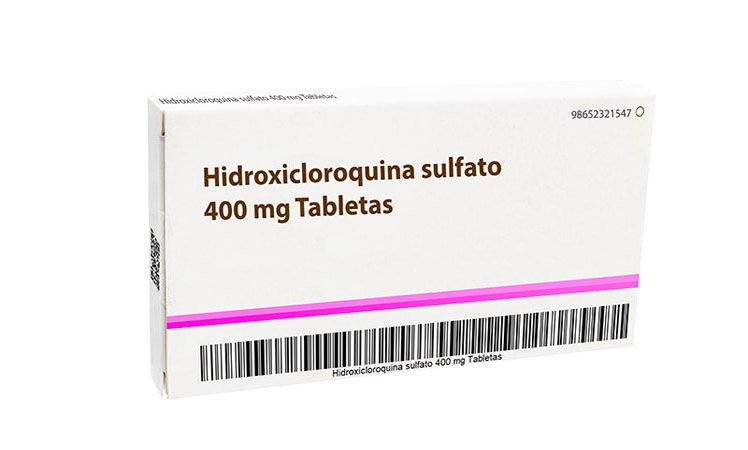Cisplatin is a very important chemotherapy drug, but tumor resistance to cisplatin is a huge problem,” said co-senior author Umamaheswar Duvvuri, M.D., Ph.D., head and neck surgeon at UPMC Hillman Cancer Center and professor of otolaryngology in Pitt’s School of Medicine.
Previous research showed that a protein called TMEM16A is linked with cisplatin resistance in patient tumors. Overexpression of this protein, which occurs in about 30% of head and neck cancers, is also associated with decreased survival.
The findings pave the way for a clinical trial that combines cisplatin and hydroxychloroquine to treat chemotherapy-resistant head and neck cancers.
“We show that cancer cells have an active mechanism to discard chemotherapeutic drugs,” added co-senior author Kirill Kiselyov, Ph.D., associate professor of biological sciences at Pitt.
Hydroxychloroquine is an anti-malarial agent that inhibits lysosomal function. To evaluate its potential to treat cisplatin-resistant cancers, the team first implanted human cancer cells onto the membrane surrounding the embryo in fertilized chicken eggs.
They found that eggs treated with both hydroxychloroquine and cisplatin had greater tumor cell death than those treated with cisplatin alone. Similarly, in mice with tumors derived from cisplatin-resistant human cancer cells, the combination of hydroxychloroquine and cisplatin slowed tumor growth more than either compound alone.
mh/pll/oda/joe










